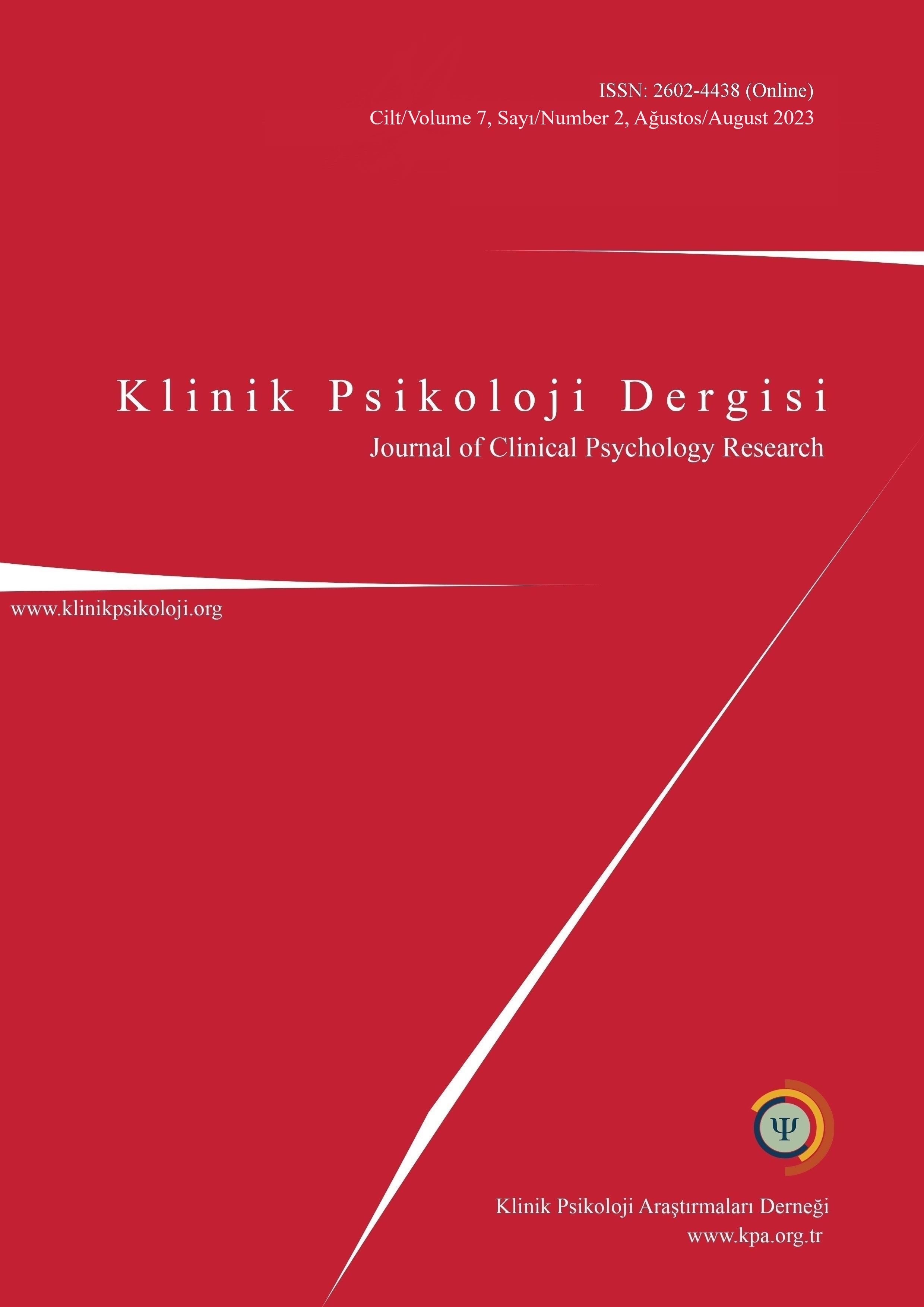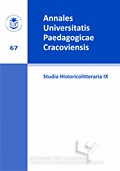
Öz-duyarlık ile psikolojik belirtiler arasındaki ilişkide ruminatif düşünce biçiminin aracı rolü
The aim of this study was to examine the mediating role of ruminative thinking in the relationship between self-compassion and psychological symptoms. The research was conduct-ed with the predictive correlational method. The participants of the study consisted of a total of 471 people, 353 women (74.9%) and 118 men (25.1%), who were determined by the convenience sampling method. Participants were aged between 18 and 65 (M = 29, SD = 10). Self-Compassion Scale, Ruminative Thought Style Scale, Brief Symptom Inventory, and Sociodemographic Information Form were used as data collection tools in the study. Pearson Correlation Analysis was used to analyze the data, and regression analysis based on the bootstrap method was used to test the mediation effect. As a result of the research, it was determined that ruminative thinking style plays a mediating role in the relationship between self-compassion and psychological symptoms. The results of the study were discussed with-in the framework of the relevant literature, and suggestions were presented for both future research and mental health professionals. It is thought that the findings obtained will con-tribute to a better understanding of the structure of self-compassion and ruminative thinking when working with psychological symptoms in clinical practice.
More...








